Episodes
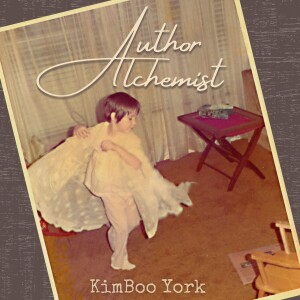
Friday Apr 29, 2022
Friday Apr 29, 2022
This is all about one of my favorite motivational books for writers, The War of Art by Steven Pressfield (Note: this is an affiliate link with bookshop.org!). This is justifiably considered a modern classic in the field of motivating and inspiring authors, with great insights into productivity and our eternal nemesis, Resistance.
However, it's not perfect, and in this episode I talk about the good, the bad, and the ableism.

Friday Apr 22, 2022
Friday Apr 22, 2022
Too often, well meaning people discourage writers from "thinking big," or getting too big for our britches. They want to protect us from disappointment, but what they are really doing is crushing our inspiration and motivation.
I want writers to get clear on what "thinking big" means to you (bestseller? award winner? literary journal renown? mid-list lifestyler?) and embrace it! Doesn't matter if you don't "make it" or not, what matters is creating the kind of life as a writer that you want to live!

Friday Apr 15, 2022
Friday Apr 15, 2022
What happens when you get in a fix and a story stalls out on you? Or runs away from you? Or forgets to that that left turn at Albuquerque?
In this episode I talk about the metamorphosis of my in-progress novel, The Bones & Brews Café, which was originally envisioned as a trope-tastic rom-com novella. Turns out it was anything BUT, and because I did not sit down and really look at what I was working with, didn't trust my instincts, and stalled myself for over a year on it. A sordid tale! Come enjoy my misery! And hopefully grab some advice you can use in your own writing life!

Monday Apr 04, 2022
Monday Apr 04, 2022
A deep look at outlining from the perspective of whether it is actually helping you or not, and why it is helping you (if it is!).
Links discussed in this episode:
10 Different Outlining Techniques
Brian Sanderson's BYU 2020 class lectures
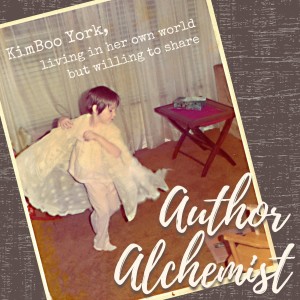
Monday Mar 21, 2022
Monday Mar 21, 2022
(FYI: I recorded this back in January, and it was originally supposed to be the 7th episode, which is what I say in the opening, but nope! It's really truly the 10th episode of season 2!)
Inspired by part of a graduation ceremony speech Neil Gaiman gave wayyyyy back in 1997, this episodes starts from there and spirals out into talking about the value of your obsessions to you as a writer, not just as "things that you can talk about in a story" but as things that inspire you on a daily basis to practice your creativity.
“Go where your obsessions take you. Write the things you must. Draw the things you must. Your obsessions may not always take you to commercial places, or apparently commercial places. But trust them.” ~ N.G.
Along the way I mention a couple of books I was reading, which you can find out more about here:
Reality is Not What It Seems: The Journey of Quantum Gravity
The Bright Ages: A New History of Medieval Europe
NOTE: This are affiliate links, so buying from Bookshop.org helps not only independent booksellers but also me! And we could all use the help, yeah?
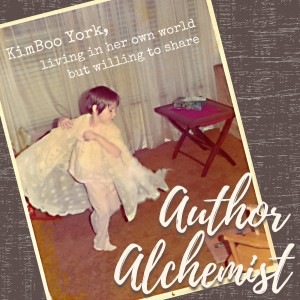
Tuesday Mar 15, 2022
Tuesday Mar 15, 2022
1 Million Words! Have you written that many? Do you know, or are you guessing?
Thanks to the stats page for my first fandom account at AO3, I knew pretty close to the day when I went over the 1 million word mark officially. However, I'm fairly certain I had hit that mark years ago, given how many stories I have written since I was a kid. My first "book" was a Jack London rip-off titled Timber Trails and Wolf Wails (I was super proud of that title, dontchaknow) and was 40 single-spaced type written pages...I think I was nine or ten? Or so?
How many words have YOU written? Yet?
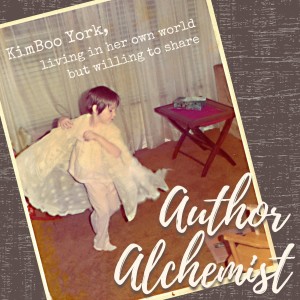
Monday Feb 14, 2022
Monday Feb 14, 2022
Prompts often get a bad rep in writing circles, considered as nothing more than teaching tools at best. In the fanfiction community, though, prompts are often tools of inspiration, motivation, and community building.
In this episode, I dive into the value of prompts not just as "tools" but as little sparks of creativity! The discussion ranges from the inherent value of prompts to the different ways to use them.
Places to find prompts:
https://www.reddit.com/r/WritingPrompts/
https://thinkwritten.com/365-creative-writing-prompts/
https://www.writtenwordmedia.com/500-writing-prompts-to-help-beat-writers-doubt/
https://self-publishingschool.com/writing-prompts/
https://writing-prompt-s.tumblr.com
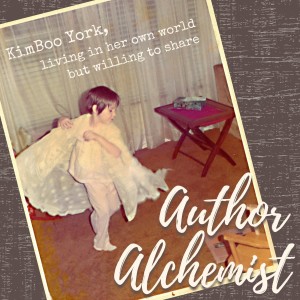
Monday Jan 17, 2022
Monday Jan 17, 2022
This episode discusses the importance of self-awareness and vulnerability for writers. I share my experiences giving up on my dreams of publication in the 1990s due to a perceived lack of interest from agent and publishers, and how I later found joy in writing through fanfiction, which helped my embrace my unique stories. I use these experience to help show writers how to invest in self-reflection to understand their vulnerabilities, which can strengthen their writing, and to pursue stories they truly love rather than rigidly following industry standards.
Know what you love to read and write, and write what you want to read!
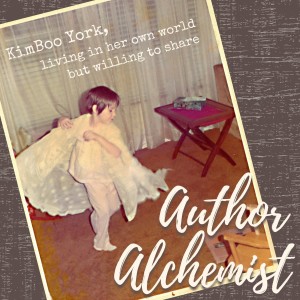
Wednesday Dec 29, 2021
Wednesday Dec 29, 2021
"If you want to be a Real Writer you need to toughen up!" ...that's what we are told, anyway. But do we? Do we really? I argue that no, that's not what we need to do, and in fact, "toughening up" makes us worse off as writers and as people. We're a sensitive bunch, and toughing it out when faced with harsh criticism won't make us better — it'll only make us bitter.
I discuss why vulnerability and empathy are so important for our craft, and how walking away from online fights and bad reviews is often the healthiest choice. I also touch on when criticism can be useful, like from trusted editors and beta readers who want to improve our work, not tear us down. Overall, my message is simple: don't internalize negativity. Focus on the writing, and on surrounding yourself with supportive readers and fellow authors!
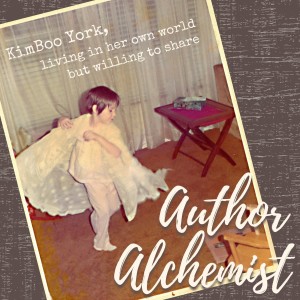
Monday Dec 20, 2021
Monday Dec 20, 2021
In this episode, I discuss fighting insecurity by building self-confidence and a growth mindset. I explain that mastering skills alone don't lead to self-trust! We must take chances, fail, and keep trying new things because true confidence comes from challenging ourselves, not just from success.
I share my own struggles, and the goals I set in order to keep improving. Focusing on the process of writing every day, meeting goals, and pushing through setbacks can help build the resilience to overcome fear. While skills can be learned, developing faith in oneself requires consistent effort over time!
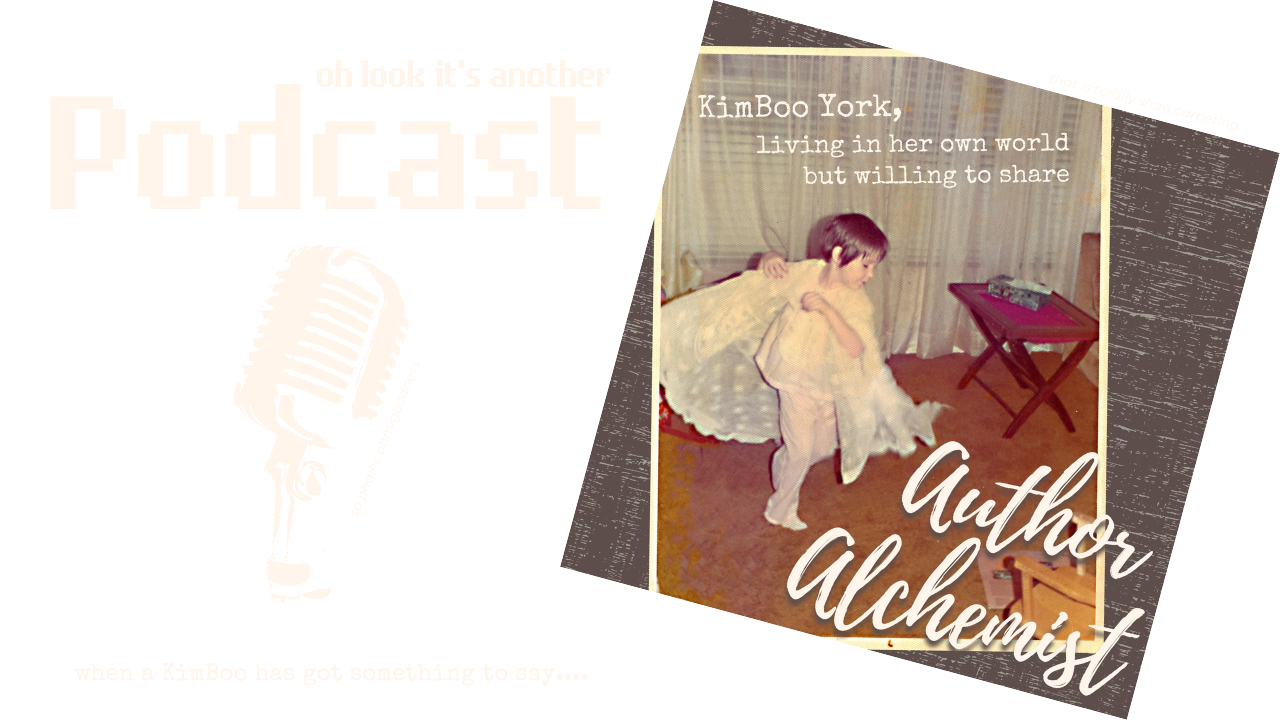
KimBoo is your Authorial Alchemist!
Writing is magic but that doesn't mean it is easy! In this podcast, KimBoo York aka The Author Alchemist focuses on the most annoying part of being a writer: writing! After all, you can't become a better writer if you aren't actually writing anything, amirite???!? With a focus on motivation, inspiration, hard work, and fanfiction, this podcast is for writers who are determined to Get Their Words Out.








